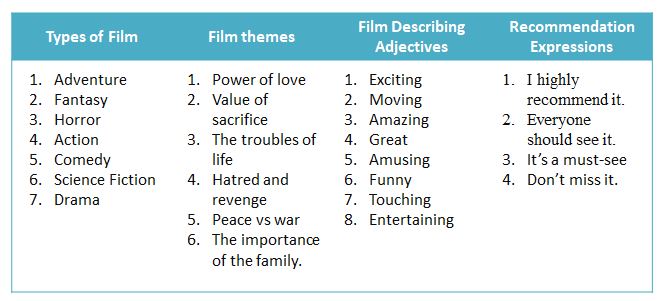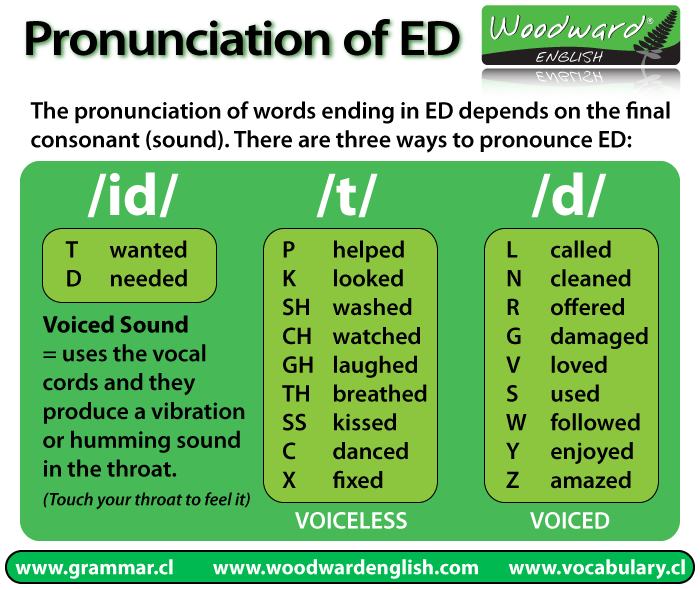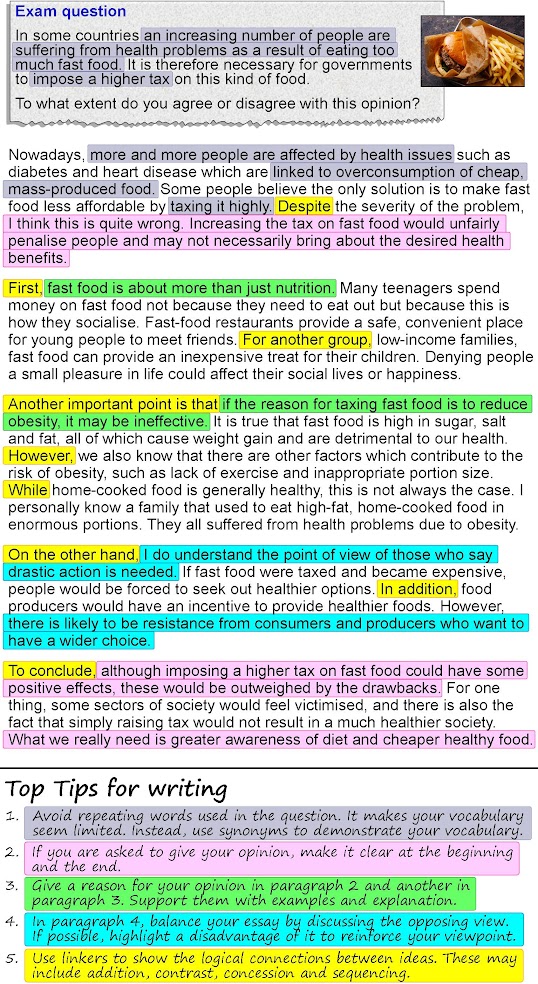- Introduction – introduces the topic and state your opinion clearly
- Body - consists of three or more paragraphs each presenting a separate viewpoint supported by reasons/examples
- Conclusion – summarizes/restates your opinion using different words
Useful Language
То express opinion: I believe, In my opinion, I think, In my view, I strongly believe, I see it, It seems to me (that), As far as I am concerned, I am (not) convinced that..., In my opinion/view …My opinion is that …, I (firmly) believe …, I (definitely) feel/think that, I am inclined to believe that ……
То list points: In the first place, first of all, to start with, Firstly, to begin with
То add more points: what is more, another major reason, also, furthermore, moreover, in addition to this/that, besides, apart from this, not to mention the fact that
То introduce contrasting viewpoints: It is argued that, People argue that, There are people who oppose, Contrary to what most people believe,
As opposed to the above ideas
To introduce examples: for example, for instance, such as, in particular, especially
To conclude: To sum up, All in all, All things considered, Taking everything into account.
Paragraph outline: Examples:

















